Find out more about The Open University's Environment qualifications.
“Only One Earth” is the motto of 2022’s World Environment Day . It will focus on the need to live sustainably in harmony with nature, and our possibilities for shifting to a greener lifestyle. It reminds us that our planet is our only home, and we must safeguard its finite resources.
Plastic pollution has become one of the biggest concerns. The invention of plastics revolutionised human lifestyles, but the speed of the generation of plastic waste exceeds our capabilities to recycle them. Around the world, one million plastic bottles are purchased every minute, and up to five trillion plastic bags are used worldwide every year. Half of all plastic products produced are single-use items. Plastic waste in the environment degrades to small particles and eventually to microplastics (plastic particles that measure less than five millimetres). Most of the early research on plastic waste focused on the larger plastic items found on beaches and floating on the surface. TV programmes like the OU-BBC co-production Blue Planet II raised the awareness of the negative impacts plastic pollution has on the life in the oceans.
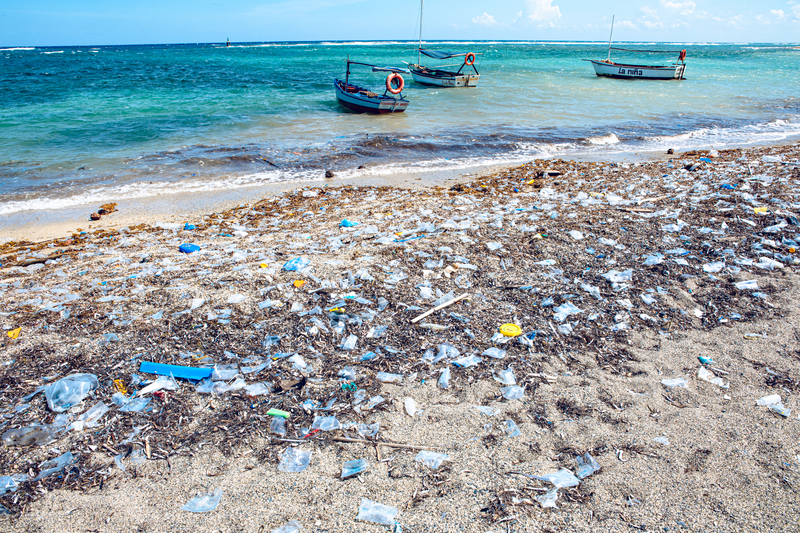
Less visible and more pervasive tiny particles of plastics have spread everywhere. Microplastics have been detected in the oceans but also in freshwater, soil and air, and they may also be present in food products.
Can they get into our food?
Microplastics can move between different ecosystems, including the air, soil, rivers and the oceans. Agricultural soils may represent a major environmental reservoir of microplastic. Recent studies show that water treatment plants are effectively removing microplastics from wastewater. However, the microplastics removed from water are concentrated in sludge, which is commonly used as fertiliser by farmers. Once microplastics are in soil they may be translocated and further degraded, they may leach into groundwater, and even be taken up by plants and transferred along food chains. Microplastics can alter the structure and chemistry of the soil. Microplastics may be additionally contaminated by additives, such as phthalates, heavy metals and sorbed pollutants. Crops grown in soil containing plastic debris have lower yield, height and root weight.
What harm can microplastics cause to human health?
Microplastics have been detected in salt, beer, fresh fruit and vegetables, and drinking water. Scientists have found microplastics in living humans, deep inside the lungs of surgical patients, and in the blood of donors. So far, there is no conclusive evidence of harm for humans. However, we know that marine wildlife is affected by plastics, either by entanglement or ingestion; studies of fish and other wildlife have found that microplastics in high concentrations disrupt reproductive systems, diminish appetite, cause tissue inflammation and liver damage, and alter feeding behaviour. The concentration levels of microplastics measured in many real-world locations are well below the threshold known to cause physical harm to the environment and living creatures.
Potentially harmful plastics in soil could impact health | World Economic Forum (weforum.org)
What can you do?
Making a few small changes can have a big impact on the amount of plastic we use on a day-to-day basis and how much gets into the environment.
1. Reduce your own plastic use. In the UK we use over 35 million plastic bottles every day, but if you carry a reusable bottle or cup with you we can reduce this number. Say no to single-use plastic plastic straws, cutlery and shopping bags will also help.
2. Be a conscientious consumer when you shop. Avoid excessive food packaging, and use refill stations for products like laundry detergents.
3. Purchase items second hand. Give them a second life and save them from ending up in landfills or incinerators.
4. Support organisations that are fighting plastic pollution. Pressure your local authorities to improve how they manage waste.
5. Want to learn more? Check out the OpenLearn course Science and Society.
Find out more:
- https://www.unep.org/interactives/beat-plastic-pollution/
- https://www.who.int/publications/i/item/9789241516198
- The problem with microplastics - YouTube
- Next steps to tackle plastic waste - GOV.UK (www.gov.uk)

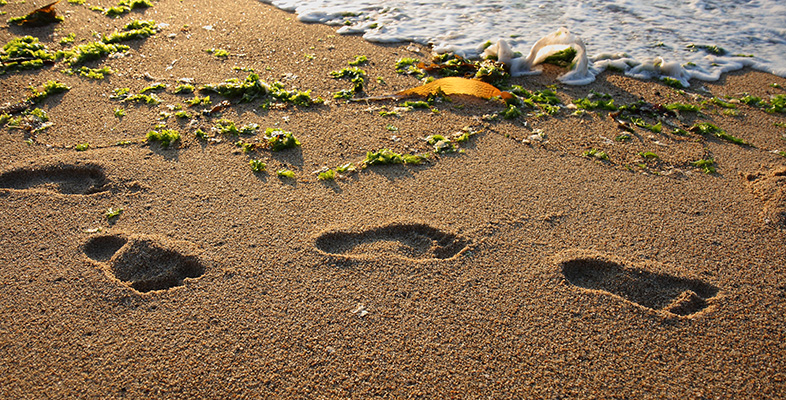
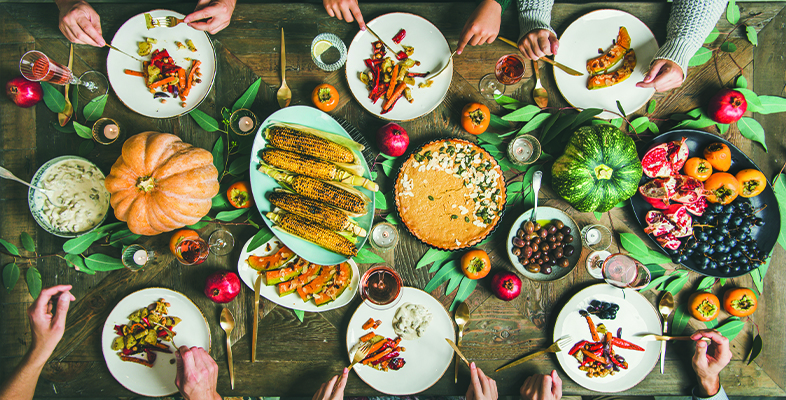
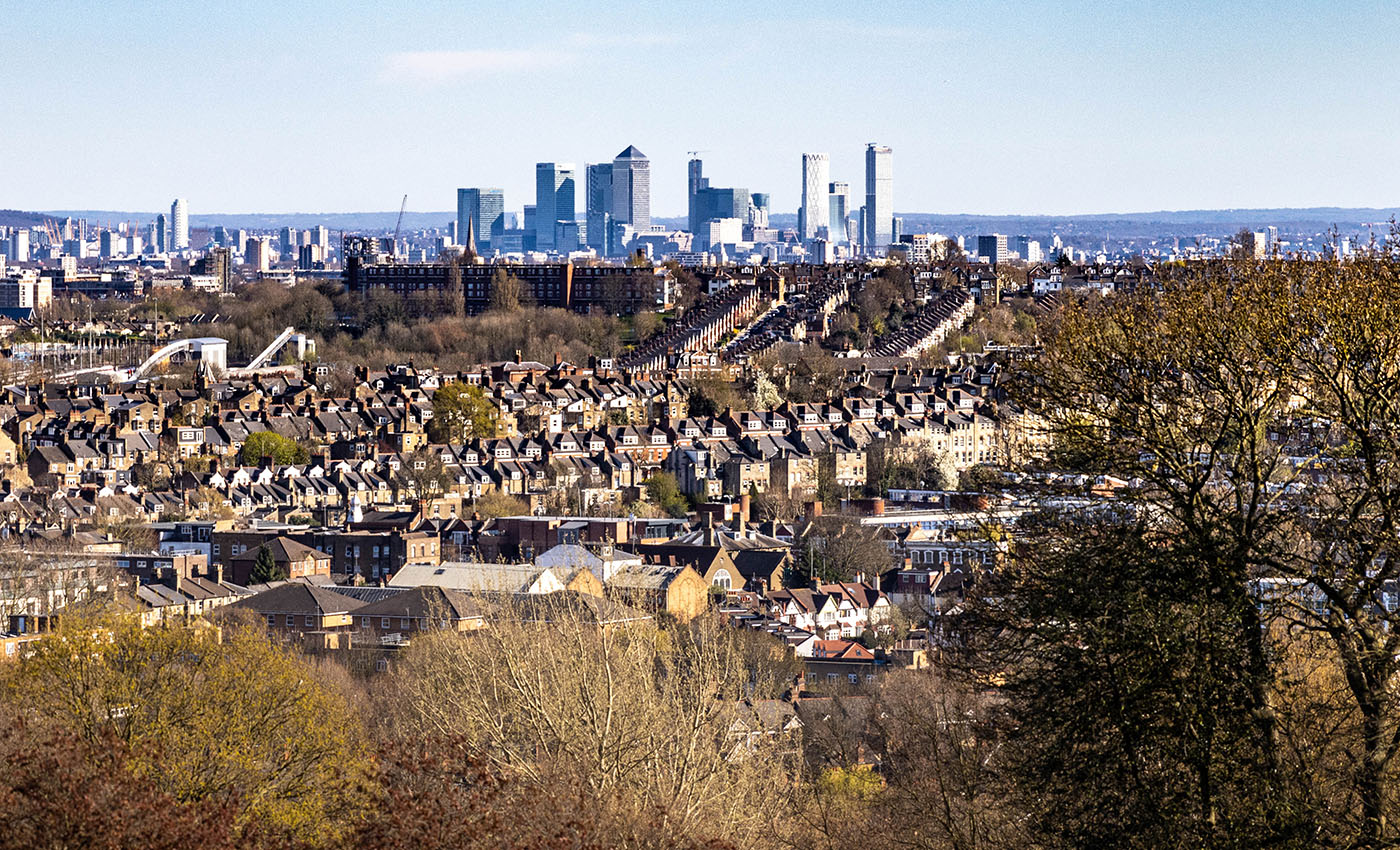

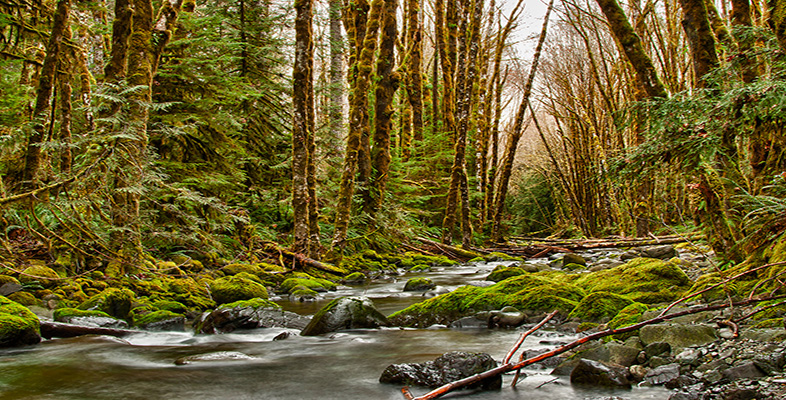
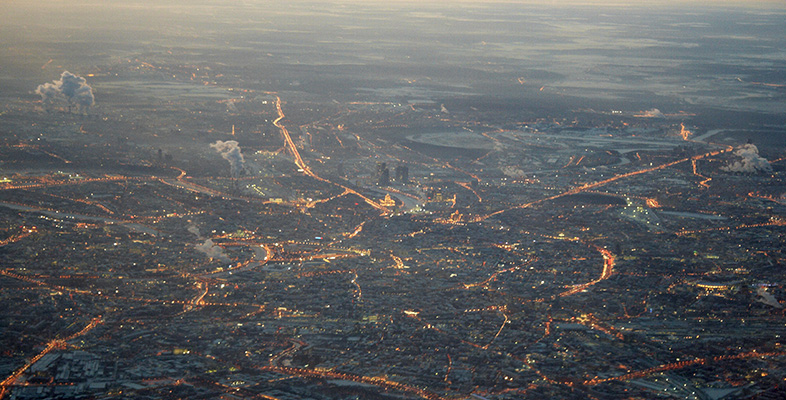
Rate and Review
Rate this article
Review this article
Log into OpenLearn to leave reviews and join in the conversation.
Article reviews
Smitty,USDA